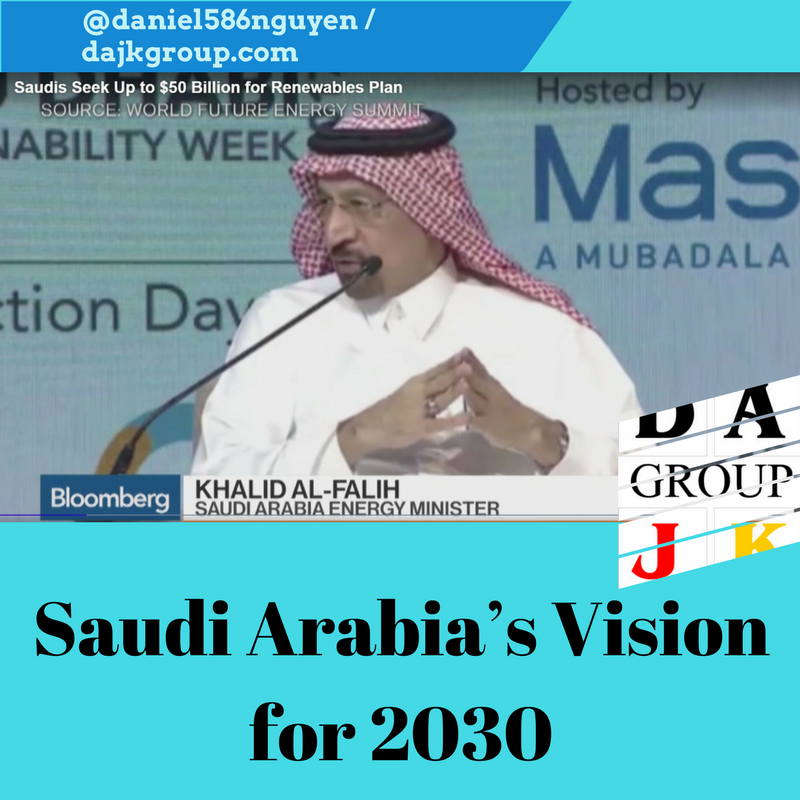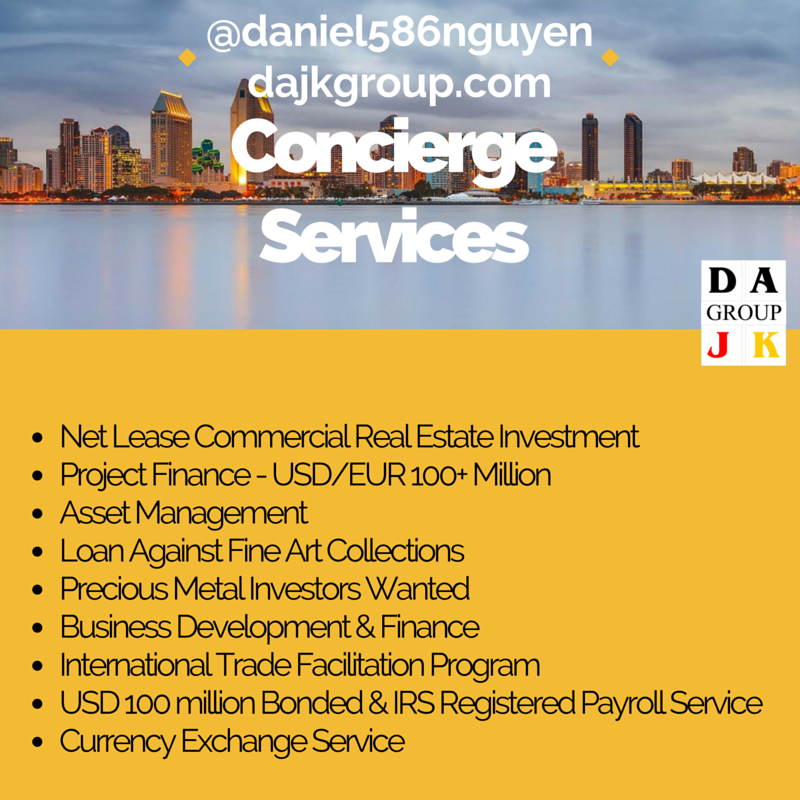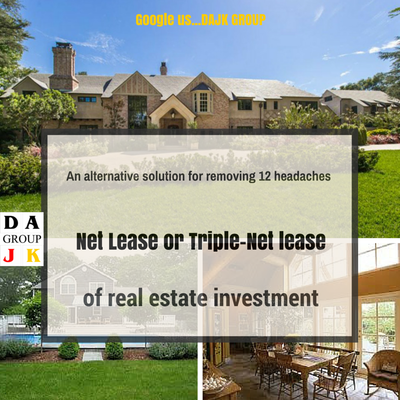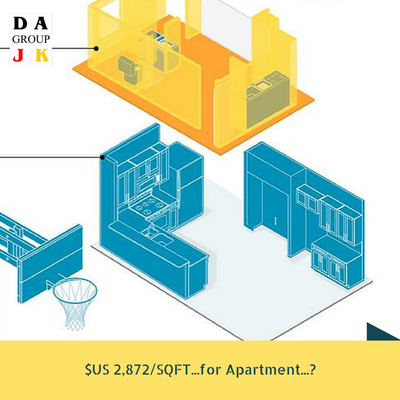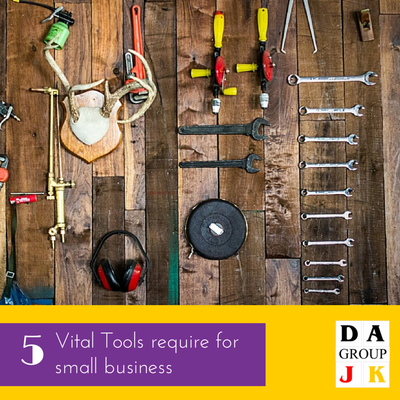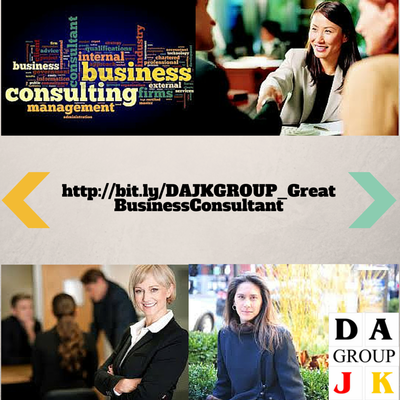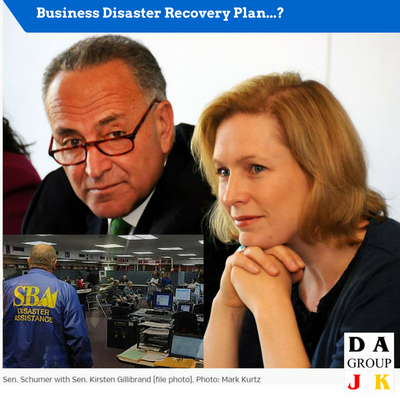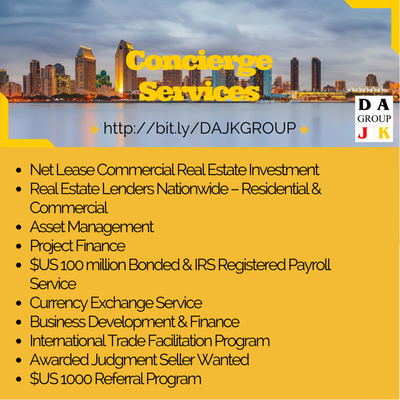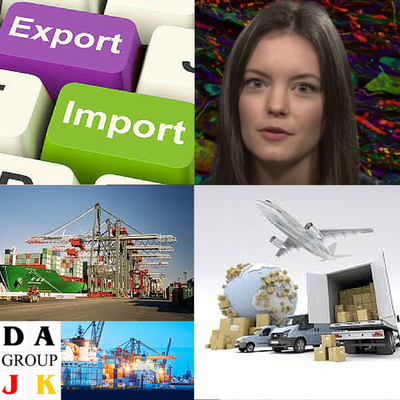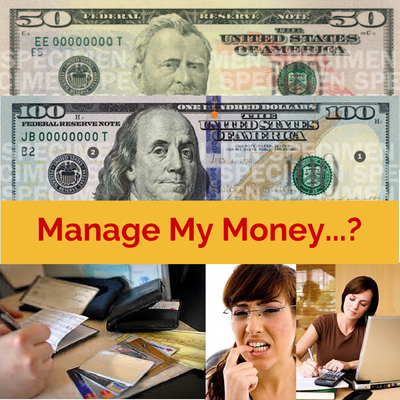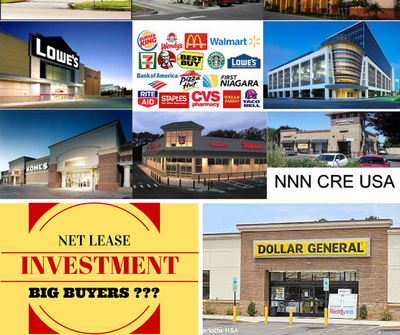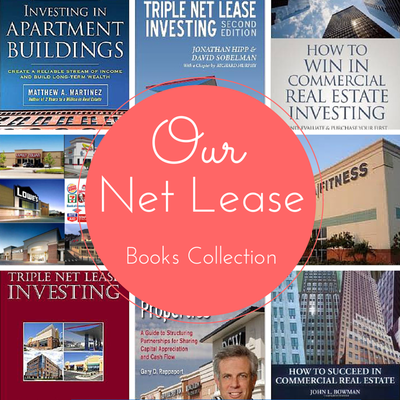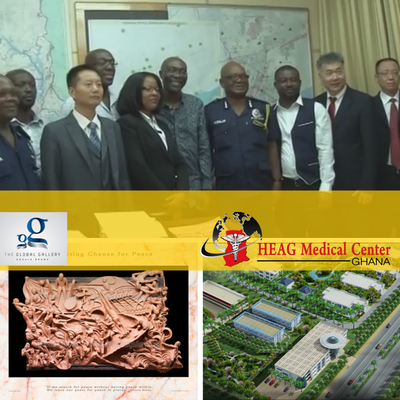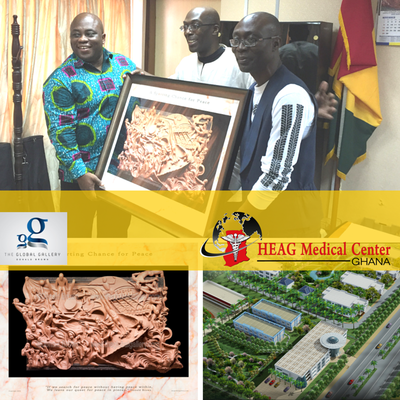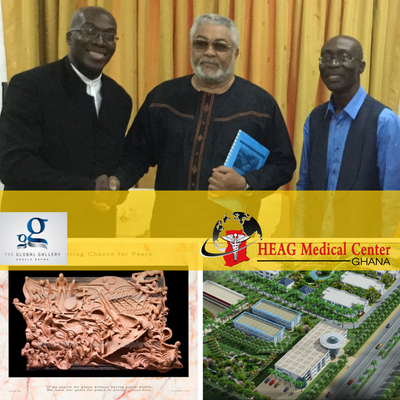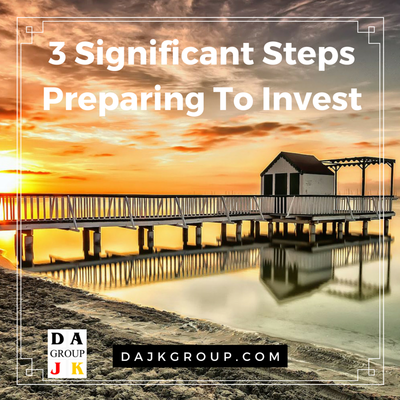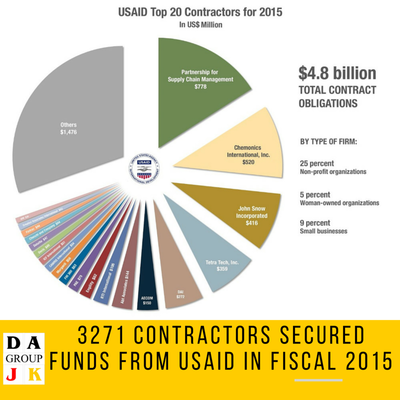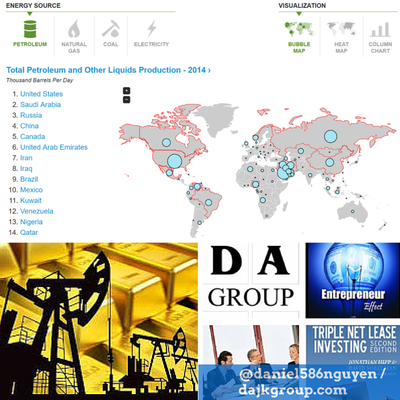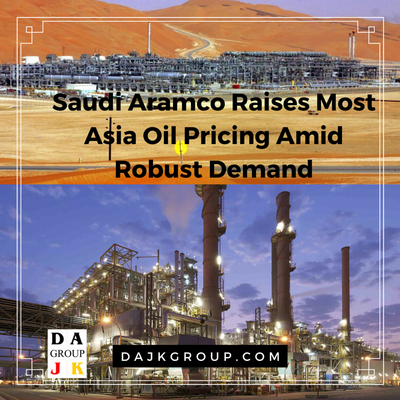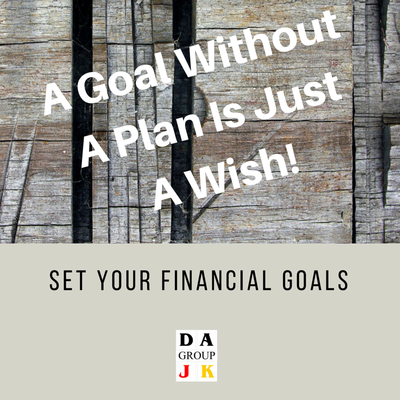Saudi Arabia’s Vision for 2030Our country is rich in its natural resources. We are not dependent solely on oil for our energy needs. Gold, phosphate, uranium, and many other valuable minerals are found beneath our lands. But our real wealth lies in the ambition of our people and the potential of our younger generation. They are our nation’s pride and the architects of our future. We will never forget how, under tougher circumstances than today, our nation was forged by collective determination when the late King Abdulaziz Al-Saud – may Allah bless his soul – united the Kingdom. Our people will amaze the world again. We are confident about the Kingdom’s future. With all the blessings Allah has bestowed on our nation, we cannot help but be optimistic about the decades ahead. We ponder what lies over the horizon rather than worrying about what could be lost. The future of the Kingdom, my dear brothers and sisters, is one of huge promise and great potential, God willing. Our precious country deserves the best. Therefore, we will expand and further develop our talents and capacity. We will do our utmost to ensure that Muslims from around the world can visit the Holy Sites. We are determined to reinforce and diversify the capabilities of our economy, turning our key strengths into enabling tools for a fully diversified future. As such, we will transform Aramco from an oil producing company into a global industrial conglomerate. We will transform the Public Investment Fund into the world’s largest sovereign wealth fund. We will encourage our major corporations to expand across borders and take their rightful place in global markets. As we continue to give our army the best possible machinery and equipment, we plan to manufacture half of our military needs within the Kingdom to create more job opportunities for citizens and keep more resources in our country. We will expand the variety of digital services to reduce delays and cut tedious bureaucracy. We will immediately adopt wide-ranging transparency and accountability reforms and, through the body set up to measure the performance of government agencies, hold them accountable for any shortcomings. We will be transparent and open about our failures as well as our successes, and will welcome ideas on how to improve. All this comes from the directive of the Custodian of the Two Holy Mosques, King Salman bin Abdulaziz Al-Saud, may Allah protect him, who ordered us to plan for a future that fulfills your ambitions and your aspirations. In line with his instructions, we will work tirelessly from today to build a better tomorrow for you, your children, and your children’s children. Our ambition is for the long term. It goes beyond replenishing sources of income that have weakened or preserving what we have already achieved. We are determined to build a thriving country in which all citizens can fulfill their dreams, hopes and ambitions. Therefore, we will not rest until our nation is a leader in providing opportunities for all through education and training, and high quality services such as employment initiatives, health, housing, and entertainment. We commit ourselves to providing world-class government services which effectively and efficiently meet the needs of our citizens. Together we will continue building a better country, fulfilling our dream of prosperity and unlocking the talent, potential, and dedication of our young men and women. We will not allow our country ever to be at the mercy of a commodity price volatility or external markets. We have all the means to achieve our dreams and ambitions. There are no excuses for us to stand still or move backwards. Our Vision is a strong, thriving, and stable Saudi Arabia that provides opportunity for all. Our Vision is a tolerant country with Islam as its constitution and moderation as its method. We will welcome qualified individuals from all over the world and will respect those who have come to join our journey and our success. We intend to provide better opportunities for partnerships with the private sector through the three pillars: our position as the heart of the Arab and Islamic worlds, our leading investment capabilities, and our strategic geographical position. We will improve the business environment, so that our economy grows and flourishes, driving healthier employment opportunities for citizens and long-term prosperity for all. This promise is built on cooperation and on mutual responsibility. This is our “Saudi Arabia’s Vision for 2030.” We will begin immediately delivering the overarching plans and programs we have set out. Together, with the help of Allah, we can strengthen the Kingdom of Saudi Arabia’s position as a great nation in which we should all feel an immense pride. Mohammad bin Salman bin Abdulaziz Al-Saud Chairman of the Council of Economic and Development Affairs Source: Vision 2030 Saudis Seek Up to $50 Billion in Renewable-Energy Expansion
|
Partnership with HMCG |
Investment Opportunity |
0 Comments
Leave a Reply.
Author
DAJK GROUP is the place where investors, business owners and entrepreneurs can research and find useful information, insight, resources, advice, guidance and inspiration for acquiring funds for their project, acquisition for their net lease commercial real estate, increasing their assets and running their profitable business.
Archives
July 2023
June 2023
May 2023
August 2019
March 2019
December 2018
October 2018
September 2018
August 2018
July 2018
June 2018
May 2018
April 2018
March 2018
January 2018
December 2017
November 2017
October 2017
September 2017
July 2017
June 2017
May 2017
April 2017
March 2017
January 2017
December 2016
November 2016
October 2016
September 2016
August 2016
July 2016
June 2016
May 2016
April 2016
February 2016
January 2016
December 2015
October 2015
September 2015
August 2015
July 2015
June 2015

